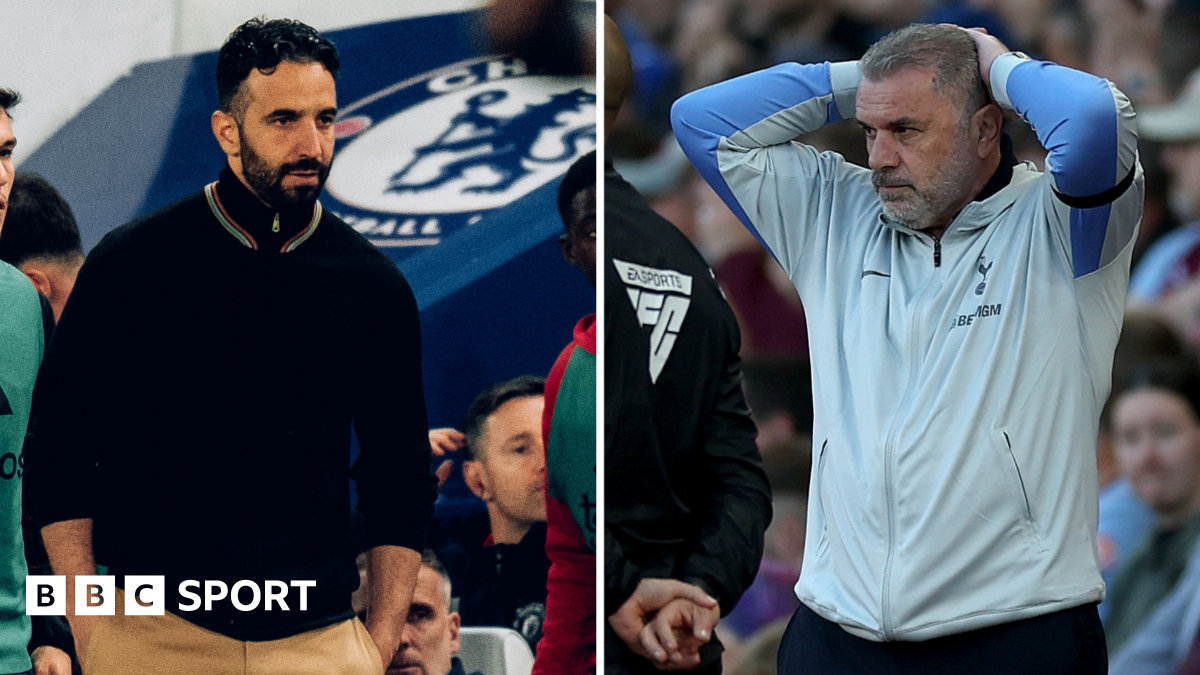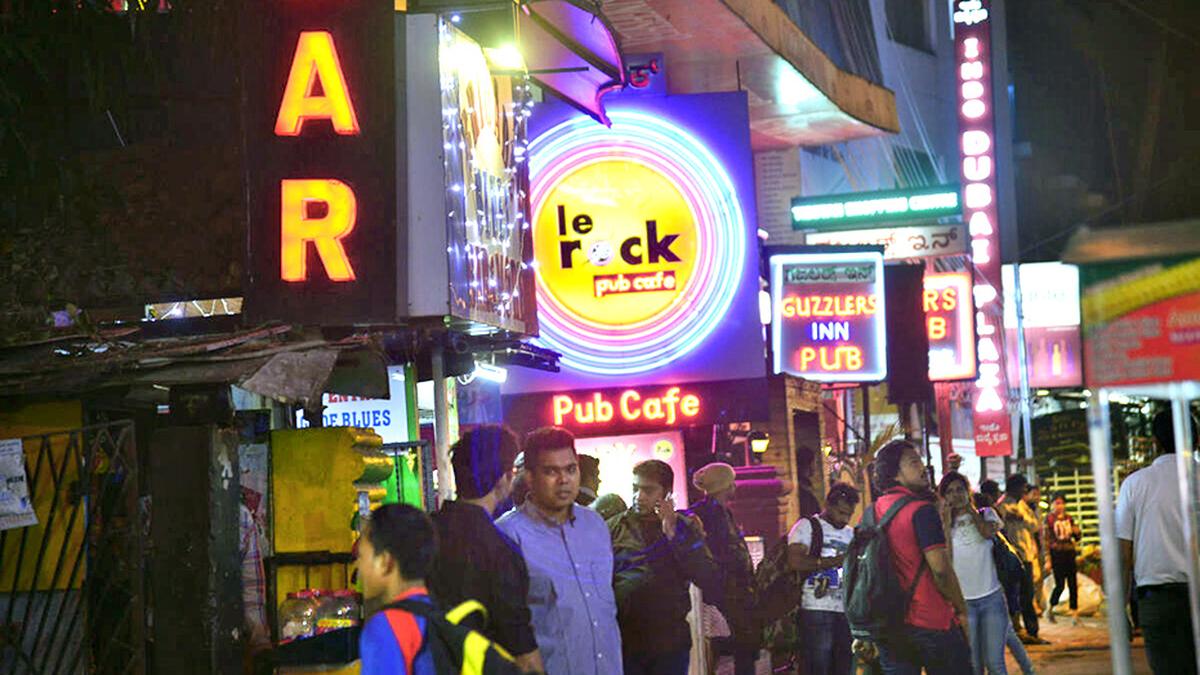Following a Devastating Hurricane, Neng Jr.’s and Asheville Restaurants Rebuild


Local chefs rely on resourcefulness and community in the wake of disaster.
Since opening in Asheville, North Carolina, in 2022, Neng Jr.’s has experienced an upward trajectory that would be the envy of any restaurant. Led by business and life partners Silver and Cherry Iocovozzi, the Filipinx restaurant has garnered many accolades: It was a 2023 James Beard finalist for Best New Restaurant, one of Bon Appetit’s 2023 Best New Restaurants, and in 2024, was named a USA Today Restaurant of the Year.
This run of good fortune abruptly came to a halt on September 27, 2024, when Hurricane Helene hit North Carolina and devastated western Appalachia. The popularity of Neng Jr.’s could not prepare its owners and staff for the economic devastation and precarity that Hurricane Helene wrought, and months later, with Neng Jr.’s on the cusp of reopening, the Iocovozzis’ story is one that many restaurateurs across the state have lived — full of challenges that more chefs, with the rising threat of climate change, may also soon face.
Neng Jr.’s was shuttered from September 28 to December 11, a period of over 10 weeks without a single penny coming in. “Even with the success of our restaurant, we don’t have a backbone of investment. We really relied on each week and each day of service to make sure we’re at least breaking even,” Silver Iocovozzi says. There was no large balance in their checking account to make sure they could weather a few weeks of not being able to operate. While the restaurant itself was not physically damaged by the storm, the team didn’t have the resources to weather several weeks of not being operational. The lack of power obliterated thousands of dollars in perishable food and supplies at the restaurant, and the Iocovozzis assess the loss of revenue from the closure as approximately $80,000.
Neng Jr.’s is just one of the 250 independently owned restaurants in the Asheville area that has endured this economic downturn. The local restaurant industry employs around 22,000 people, and tourism contributes approximately $2.9 billion to the local economy. The hurricane hit during the fall and the winter shopping season, particularly busy — and profitable — times of year for local businesses. Visitor spending declined by 70 percent in the fourth quarter of 2024, and in October, unemployment spiked to 9 percent, up from 2.5 percent the previous month. As of January 2025, at an unemployment rate of 6.1 percent, Asheville has the highest unemployment rate of any metropolitan area in the state.
Restaurants and other small businesses face a contradiction: the need to reopen, but there’s a structural inability to do so. “We need to help our economy, which is honestly devastated, and I think we’re going to have to rely on tourism in a big way. But I don’t think we’re quite ready for it,” Silver says. This financial precarity has only been exacerbated by a lack of federal and local government assistance. “There’s no rent moratoriums coming down from the state level. There’s not any assistance or relief from those financial burdens that we have not just as business owners, but as people that have to pay our bills,” Silver adds. The duo has obtained $750 in FEMA money, the extent of the aid they’ve received. “We haven’t heard anything back about the grants or loans that we would apply for.”
In the face of governmental inaction and lack of communication, the restaurant industry has done what it does best: support its own. When the hurricane first hit, the Iocovozzis worked with Ashleigh Shanti of Good Hot Fish to provide meals to those in need. In an attempt to recoup some of their lost revenue, the Iocovozzis headed to New York to collaborate with fellow chefs to host pop-ups at Brooklyn spots like Leo, Honey’s, and Ops Pizza. “We’re really grateful for the platform that people are giving us in order to trudge forward and continue on,” Silver explains.
With the return of potable water, the Iocovozzis reopened Neng Jr.’s on December 11, an accomplishment that brought with it mixed emotions. The ethics and optics of reopening can weigh heavily on their minds. “I do have concerns if it even feels right to have this fine dining or special experience restaurant at this price point when there’s still so much suffering,” Silver wonders. They also worry about the emotional labor that may be asked of their staff, most of whom returned when the restaurant reopened. “I think folks are going to ask about the hurricane a lot, especially if they don’t live in Asheville, and that’s going to be hard to answer over and over again. It’s very difficult for us,” Silver explains. No server who has lost a loved one needs to relive that trauma every time they step out into the dining room. In the face of these concerns, the Iocovozzis focus on the fact that restaurants can be sources of joy for their community, and strive to bring that joy to patrons. “We all need a place of gathering to enjoy and to relax and to be served and eat good food and feel comforted,” Silver says.
The drastic climate disasters of 2024 indicate precarious times ahead for businesses along America’s eastern coast. While warmer ocean temperatures due to climate change have not increased the number of storms each year, scientists maintain that this has increased the likelihood of severe, devastating storms. “Expect the unexpected. Anything that we think could happen could change,” Silver says. Just as the COVID-19 pandemic revolutionized the restaurant industry, climate change and natural disasters like hurricanes have the potential to upend entire cities’ food and drink scenes, meaning that chefs like the Iocovozzis are now considering prices, menu changes, staff safety, and operating expenses.
The road to recovery for the Asheville restaurant industry is still rocky. According to Meghan Rogers, executive director of the Asheville Independent Restaurant Association (AIR), in 2025, many restaurants are still operating on limited hours and with scaled-back menus. Restaurants are reopening in the typically slowest time of year, without the significant income they would’ve made during the busy fall and holiday seasons. “Our local neighbors have been amazing at coming out and supporting their favorite restaurants, but they can’t sustain everyone. We built this food culture and this level of restaurants because we had such a high level of visitors,” Rogers says. Popular restaurant Eldr announced its permanent closure on January 9, stating on Instagram that “the headwinds from Hurricane Helene and the long delay in reopening was too much for the business to bear.” AIR lost around 15 of its 150 members due to closures.
For the Iocovozzis, reopening has been a decidedly mixed bag. “Business is good, we could be doing better, of course. This is the slowest winter I’ve encountered in Asheville in many years, but most nights we are fully booked,” Silver said in February. “We are hanging in there the best we can. I think there was a lot of hope, but with the loss of Brian Canipelli [chef-owner of local restaurant Cucina 24 and Contrada], I feel like it’s safe to say we are at a standstill with all of the loss we’ve endured.” Canipelli was a leading figure in the Asheville restaurant industry for decades, and his sudden passing weighs heavily on the local community.
The Iocovozzis worry that Asheville will be left behind, as national attention, understandably, turns toward other crises. “I know I’m wanting to see people come out more, I’d love to see people register what’s happened here as magnificent in damage as the fires in Palisades and Altadena. It’s hard to describe what the region has experienced.” The Iocovozzis are deeply devoted to the area, and encourage travelers to come back. “Make a plan to visit in the spring,” Silver implores. “Really try to uplift these small businesses, because Asheville is really a place that’s filled with small businesses that make the town.”















































































































































































